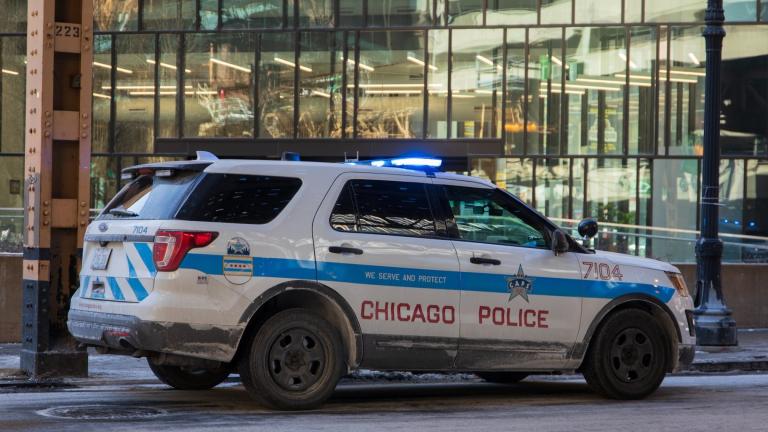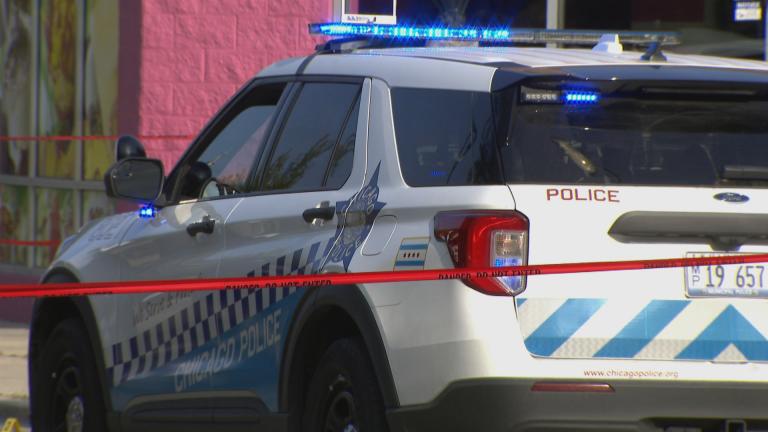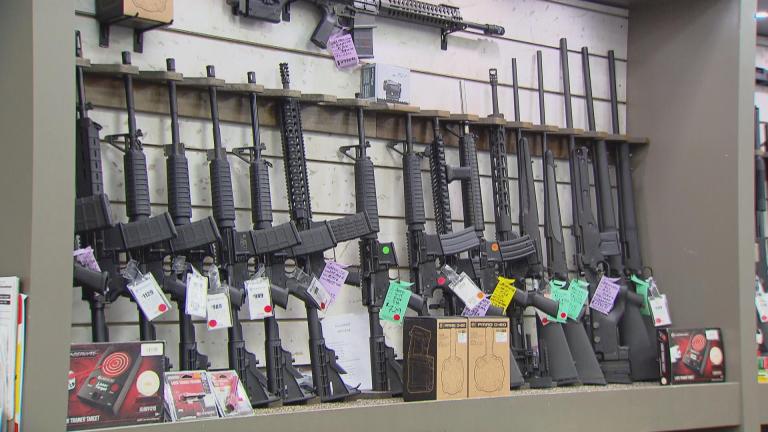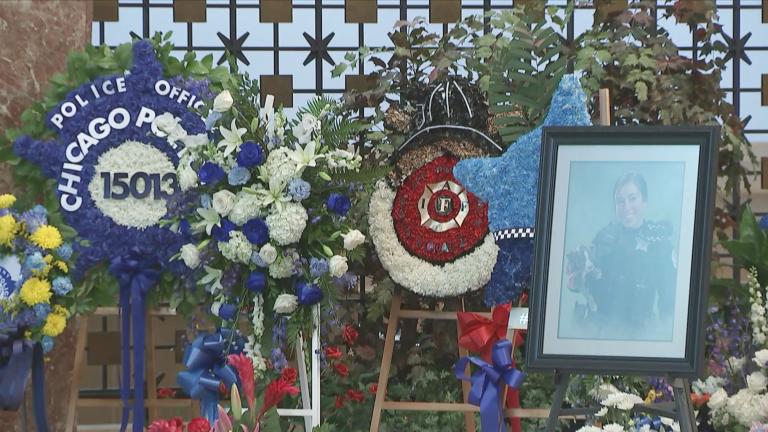Chicago’s extended and expanded teen curfew — touted by Mayor Lori Lightfoot as the way to put an end to a spate of downtown violence among young Chicagoans — was enforced by police only four times between May 17 and Aug. 18, according to data obtained by WTTW News.
The city’s curfew starts at 10 p.m. seven days a week and applies to everyone 17 years old and younger.
In effect since 1992, the city’s curfew had allowed teens to stay out until 11 p.m. on Fridays and Saturdays and only covered those 16 and younger — until the murder of a 16-year-old in the heart of Millennium Park on May 14 touched off a political firestorm.
No newly covered 17-year-old Chicagoans were reported to have violated the city’s curfew in the first three months that the expanded law was on the books, according to data provided to WTTW News by the Chicago Police Department in response to a Freedom of Information Act request.
In addition, only four curfew violations were reported to have occurred between 10 and 11 p.m. on a Friday or Saturday night between mid-May and mid-August, according to police department data. Those hours account for the expanded curfew.
Chicago Police stepped up their use of the city’s overall curfew law this summer recording 141 curfew violations, an increase of approximately 57% as compared with the same period in 2021, according to police department data.
Lightfoot’s expanded curfew law accounted for less than 3% of those violations, according to a WTTW News analysis.
Lightfoot’s office did not respond to two requests for comment from WTTW News.
If an officer determines a teen has violated the city’s curfew, they are required to take them home and release them to the custody of a responsible parent or guardian. The parents of teens who violate the curfew can be cited and forced to appear before a hearing officer representing the city. The teens themselves are not cited or charged with a crime if and when they violate curfew, officials said.
Just two citations for violating the city’s curfew law were issued to parents between May 17 and Aug. 17, according to Police Department data.
The Chicago City Council voted 30-19 on May 25 to ratify Lightfoot’s executive order extending and expanding the curfew over the objections of the ACLU of Illinois, which warned city officials that the change would not reduce crime but would likely exacerbate tensions between the police and young people.
“The data from the first few months of enforcement of Chicago’s new curfew ordinance confirms what everyone knew when this approach was first proposed: curfews do not enhance public safety in our community,” said Alexandra Block, senior supervising attorney at the ACLU of Illinois. “Instead, the city is using a curfew symbolically to send a message that young people, and particularly young people of color, are not welcome in public.”
Ald. Maria Hadden (49th Ward), who voted against the measure along with all of the progressive members of the City Council, said she was not surprised, since Lightfoot failed to provide any evidence or data that showed the curfew change would be effective in reducing violence or crime.
“We all suspected this would be the case,” Hadden said, adding that the lack of results is another indication that effective crime reduction efforts must emphasize engagement rather than enforcement.
Ald. Matt Martin (47th Ward) said he was similarly skeptical of the expanded law, since Lightfoot’s administration could never provide evidence that moving up the curfew by an hour on Friday and Saturday night would have any impact.
“The data speaks for itself,” Martin said.
The expanded curfew law signed by Lightfoot included an exemption for teens “participating in, or returning home immediately after, a ticketed or sponsored event and has documentary evidence of their attendance at such event, e.g., a ticket stub or wristband with the event name preprinted on it.”
That meant teens could attend Lollapalooza and other summer festivals and concerts without violating the curfew.
Before Lollapalooza, community organizations Good Kids/Mad City and the Brighton Park Neighborhood Council asked Lightfoot not to enforce the expanded curfew law, saying it would disproportionately impact Black and Latino Chicagoans.
Kara Crutcher, an attorney representing the groups and a Northwestern University professor, said the increase in the enforcement of the city’s curfew under Lightfoot is unsurprising but “sends the message wide and clear that one of our city’s problems is its youth.”
The enforcement of the curfew by the Lightfoot administration does a “disservice” to the entire city, Crutcher said.
“We should be looking to our young people as collaborators for the issues that the city faces, not standing by as more of them digest the message that they are the problem,” Crutcher said.
Contact Heather Cherone: @HeatherCherone | (773) 569-1863 | [email protected]






